Cardinal Schönborn's View of Evolution
Basically, Schönborn aims to set the record straight on whether the Catholic Church is comfortable with the version of scientific evolution theory often labeled "neo-Darwinism." It is not, Schönborn says.
True, Pope John Paul II in a "rather vague and unimportant 1996 letter about evolution" may have seemed to signal tolerance for a theory attributing human evolution to naught but chance and necessity — the latter referring to the operation of impersonal laws of nature, such as the law of gravity.
Schönborn cites other writings of the late pope, however, which make clear that, in the pontiff's words, "to speak of chance for a universe which presents such a complex organization in its elements and such marvelous finality in its life would be equivalent to giving up the search for an explanation of the world as it appears to us. In fact, this would be equivalent to admitting effects without a cause. It would be to abdicate human intelligence, which would thus refuse to think and to seek a solution for its problems."
In other words, John Paul maintained that our reason apprehends "finality" in the living world which we are part of: "final cause, purpose or design." Here, in what seems to be the Catholic worldview Schönborn advocates, reason trumps science to the extent that science is blind to purpose or design.
Schönborn writes that the International Theological Commission of the Catholic Church has said, "An unguided evolutionary process - one that falls outside the bounds of divine providence - simply cannot exist."
And so Schönborn closes:
Now at the beginning of the 21st century, faced with scientific claims like neo-Darwinism and the multiverse hypothesis in cosmology invented to avoid the overwhelming evidence for purpose and design found in modern science, the Catholic Church will again defend human reason by proclaiming that the immanent design evident in nature is real. Scientific theories that try to explain away the appearance of design as the result of "chance and necessity" are not scientific at all, but, as John Paul put it, an abdication of human intelligence.
It's hard to say whether this implies an endorsement of so-called Intelligent Design theory per se. I personally hope it doesn't, since (see Order and Ontogeny (I.D. XXV) and its preceding posts) I don't believe the arguments of William Dembski and others concerning the "design" implicit in "complex specified information" truly hold water.
Nor do I feel that theories of self-organization in evolution — ideas which I favor and which the I.D. faction doesn't — contradict purpose or design. There's a difference between being able to apprehend design or "final cause" and being able to prove it.
Let's put it this way. If design could be proven, so could the existence of a Designer. Then, whither faith?






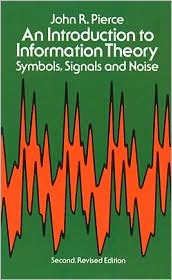

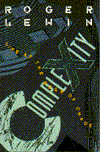

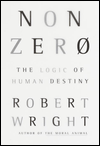

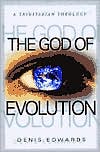

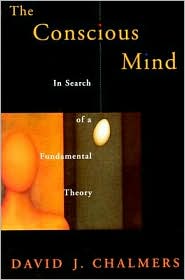
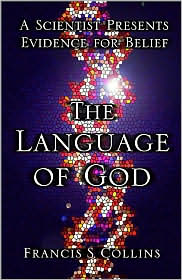


0 Comments:
Post a Comment
<< Home